We're constantly encountering new information about the foods we eat. New terminology regarding not only foods but their composition and ingredients as well, has permeated our discussions about what is healthy and what should be eliminated from our diets to alleviate specific symptoms or conditions.
One topic has a foothold in conversations about nutrition, particularly in the realm of improving digestive symptoms -- gluten. We often ask what exactly is gluten and how can its presence or absence affect our overall health and how we digest the food we eat.
Gluten is a protein found in wheat and other grains such as barley and rye and acts as a structural binder in the form of processed flour that holds together foods like breads and cakes or is an important ingredient in pasta, cereal, cookies, and crackers. Gluten can also exist in unexpected places like beer, candies, and communion wafers.
Why Are People Transitioning to Gluten-Free Diets?
As people are learning to become more aware of their bodies and what helps them function, as well as cause harm, new practices regarding what we ingest, have become more than just passing fads. The concept of nutritional health and well-being involves food as being more than just sustenance. Food choices are deciding factors in how we approach physical conditions and their symptoms.
Gluten sensitivity or intolerance and the more serious celiac disease which can damage the small intestine have propelled people to evaluate their dietary intake of gluten and make subsequent changes. Any one of us can get the occasional stomachache or feelings of queasiness but long-term digestive issues can critically affect our quality of life. Focusing on easing gastrointestinal problems by addressing gluten consumption is a productive step in finding the answers you need.
What Are Some Potential Benefits?
As with anything radical change to our bodies consulting with a doctor should be the first step when eliminating gluten to lessen digestive symptoms. An accurate assessment and diagnosis should precede any significant dietary changes. A strategy devised to identify symptoms, reduce or eliminate foods containing gluten, and determine possible benefits achieved will help ascertain if going gluten-free is the best plan of action. Areas that might show signs of improvement include:
- Reduce chronic inflammation in the small intestine allowing it to heal
- Boost energy by improving the absorption of critical nutrients like iron
- Promote healthy weight by easing digestive stressors that can affect metabolism
- Reduce stomach bloating, joint pain, and headaches
- Improve skin and bone health
You don't have to make the whole transition overnight. Start off slow by simply replacing recipe ingredients with gluten-free options. Switching to the healthiest flour for baking can be a good place to start. If you are baking with gluten-free flour or similar products, keep in mind that you might need to monitor the baking process more closely as you get accustomed to this flour.
Should I Go Gluten-Free If I Don’t Have a Gluten Sensitivity or Celiac Disease?
While intentions may be good when making dietary changes like going gluten-free it is better to be armed with comprehensive information weighing the pros and cons of each side of this choice.
You know your own body therefore you must ask some pointed questions. What are your health goals? Losing weight or maybe eliminating uncomfortable gastrointestinal symptoms? Consuming fewer processed foods? Improving energy levels? Simply eating healthier?
Any dietary changes can affect how our systems function. Gluten may be a contributing factor to digestive problems, but if you don’t have specific intestinal issues, then removing gluten from your diet can seriously limit the options you have to ingest nutrients you need like fiber or folate. Again, this is an area where self-assessment in conjunction with a physician’s counsel can guide you to make the best decisions for your nutritional health.
You should weigh all of your options regarding what you eat with credible information and some trusted medical advice. Fortunately, we have more fresh, healthy foods as well as gluten-free products like flours than ever. Your overall health, whether adhering to a gluten-free diet or not, should always be your focus so that you may enjoy your life free from issues that affect its quality and enjoyment.
If you want to get started baking with gluten-free flour, start today. It is some of the healthiest flour for baking, easy to use, and retains the consistency and flavor of the finished product, so how to make healthy food taste good will never be a concern.




